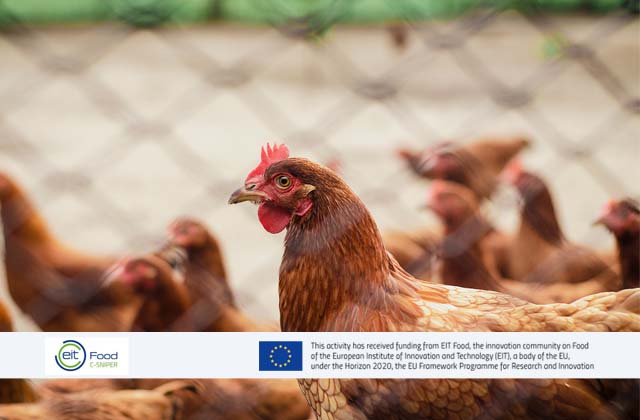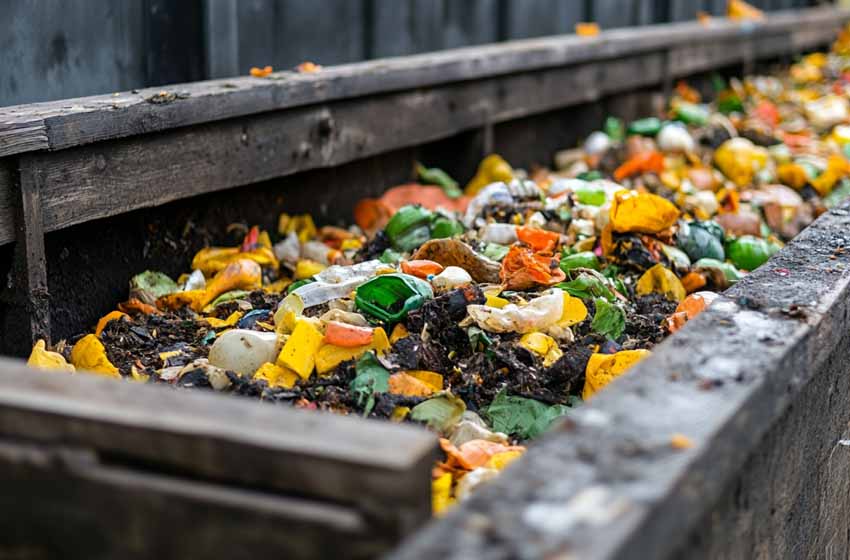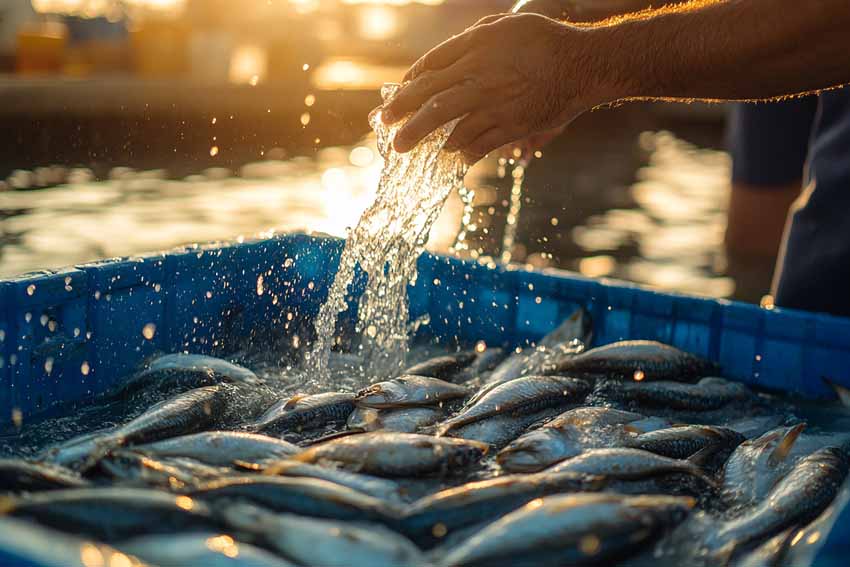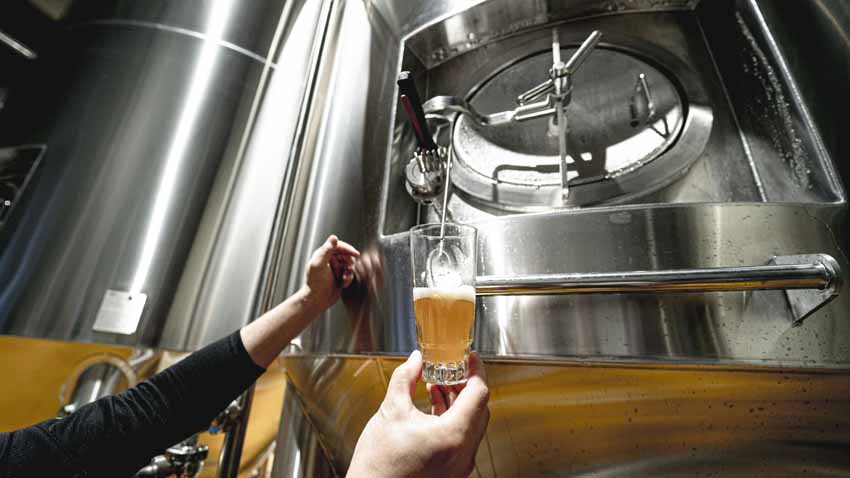Forefront technology fighting Campylobacter in poultry
Últimas noticias
Fisheries Management and Economics: the urgency of a comprehensive data-based approach
Old nets? New rope! European project tackling marine plastics with circular fishing gear and port solutions
AZPilotManager: A breakthrough in the management of R&D tests in the food industry
- Campylobacteriosis is the most frequently reported food-borne illness in Europe, and the increase of antibiotic resistance makes it critical to develop novel non-antibiotic based strategies to reduce Campylobacter risk within the EU poultry sector.
- C‑SNIPER has developed an innovative and natural solution, based on the use of bacteriophages, for the biocontrol of Campylobacter in the poultry sector.
- The prototype at a small scale has been a success and currently it is being scaled-up for its industrial production
The EU is one of the world’s top producers of poultry meat, with Poland, Italy, Spain and Germany among the countries with the strongest productive capacities. Furthermore, poultry remains the most widely consumed meat in the EU. However, consumption of poultry products is also considered the most common route for human campylobacteriosis, the most frequently reported food-borne illness in Europe and most common bacterial cause for gastroenteritis in the world. The high incidence of Campylobacter infections results in a high cost for public health systems (2.4 billion euros per year, according to data published by the European Food Safety Authority – EFSA), underlining the need for new tools to reduce the presence of Campylobacter.
Within the EIT-Food C‑SNIPER project, 5 European partners (AZTI (project leader), Institute of Animal Reproduction and Food Research PAS, University of Turin, Phage Technology Center GmbH and O.R.A. Società Agricola) aim to reduce the prevalence of Campylobacter in poultry through the development and validation of an innovative, efficient and non-antibiotic mitigation strategy that can be integrated into current hygiene protocols.
Specifically, this activity focuses on the development of a bacteriophage-based solution to be used as a natural antimicrobial in the farm (pre-harvest), slaughter and/or processing facilities (post-harvest). This development will improve the safety of poultry meat, and thereby reduce the incidence of poultry-borne food poisoning, with no impact on animal welfare or human well-being.

Validation and marketing of a natural solution, target for 2021
After the first year of project implementation, a well-defined prototype of a phage solution against Campylobacter has been obtained, optimized, and set for production at a mini-pilot scale. The research and development tasks have been complemented with a survey conducted among poultry producers and consumers, which revealed their high acceptance (90% and 85% respectively) towards the use of bacteriophages for biosecurity of poultry production.
In the first phase, strains mostly frequently found during poultry production and processing were collected to screen and select the most favourable stages of the poultry chain for the application of C‑SNIPER solution. Next, different phage cocktails were designed by the combination of up to 6 campylophages, and their effectiveness was assessed to determine the most promising approach. After obtaining the optimal parameters, most effective phages, propagation strains, and relevant protocols were transferred to the industrial partner. A mini-pilot scale bioreactor-based production methodology was established as a starting point for the optimization process for the production of campylophages on their host strains. Parallelly, poultry industry stakeholders and consumers were asked to share their acceptability, needs, preferences and value perception towards the use of a phage-based solution during poultry production and processing. These data were critical to define the C‑SNIPER product sale feasibility, market acceptance, risks, market opportunities and business plan. Finally, the data on phage production at bench scale and pilot-scale were combined with the data on application strategies to form the basis for a techno-economic analysis to viable large-scale production. The business plan and the go-to-market strategy for the innovative C‑SNIPER solution was pre-defined by the industrial partner, taking into account regulations on the food safety and animal production, which depend on the targeted application role in pre-harvest, post-harvest or processing sanitation.
The second stage of the project, planned for 2020/21 entails scaling up of the production, development of business plans, and in vivo validation trials to confirm the phage-based cocktail designed exerts a significant effect on the safety of poultry meat. The ultimate goal of C‑SNIPER is to commercialize the solution in poultry production and processing settings worldwide within the next 2 years. This solution will promote the growth of the EU poultry sector, strengthening its competitiveness, as well as contributing to a healthier and more sustainable lifestyle for European citizens.








